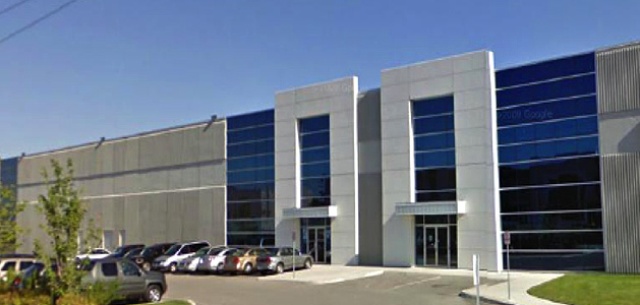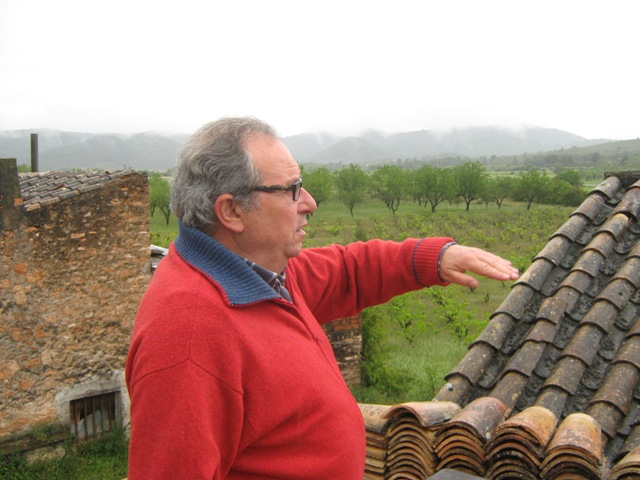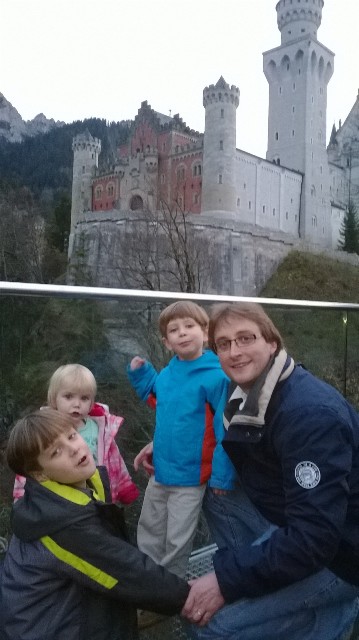Freezing in Valencia
Universidad Politécnica de Valencia (UPV) researchers claim to have developed a new autonomous ultra-cold system (Contenedor Autónomo Ultrafrío-CAU) that permits Covid-19 vaccines to be transported at very low temperatures. The system can maintain vaccines at temperatures as low as -200 degrees Celsius, making use of ambient air as the sole cooling fluid.

Developed by scientists from the Instituto CMT-Motores Térmicos, the Autonomous Ultra-Cold Container-CAU is versatile as regards means of transportation, from medical-pharmaceutical delivery vans to industrial coolers, sizeable goods containers as well as adapting to logistics centres for storage and distribution.
The latest technologies applied to the manufacture of vaccines involve the preservation of genetic material of the virus at cryogenic temperatures (-70 °C). The current solution is to use dry ice (which sublimates at -78 ºC) or liquid nitrogen (which evaporates at -196 ºC) to refrigerate the vaccine containers.
However, according to the researchers of the CMT-Thermal Engines of the UPV, this technology has some drawbacks: it is hard to control the temperature and the vials, which, if subjected to extreme temperatures, can become damaged; in certain transports such as airplanes, the CO2 from dry ice that sublimates in the cabin may be dangerous. In addition, a lack of dry ice supply is expected due to the shortage of pure CO2 production.
“The current health emergency situation and new vaccine manufacturing techniques require new refrigeration techniques at very low temperatures. The industrial and fiscal limitations for the manufacture and commercialization of traditional refrigerant fluids make it necessary to look for new ultra-refrigeration technologies that are efficient, and, at the same time, environmentally friendly, and that minimize CO2 emissions. And that is the need that the system that we have devised in our laboratories addresses”, points out José Ramón Serrano, a researcher at the CMT-Thermal Engines of the Universitat Politècnica de València.





Recent Comments